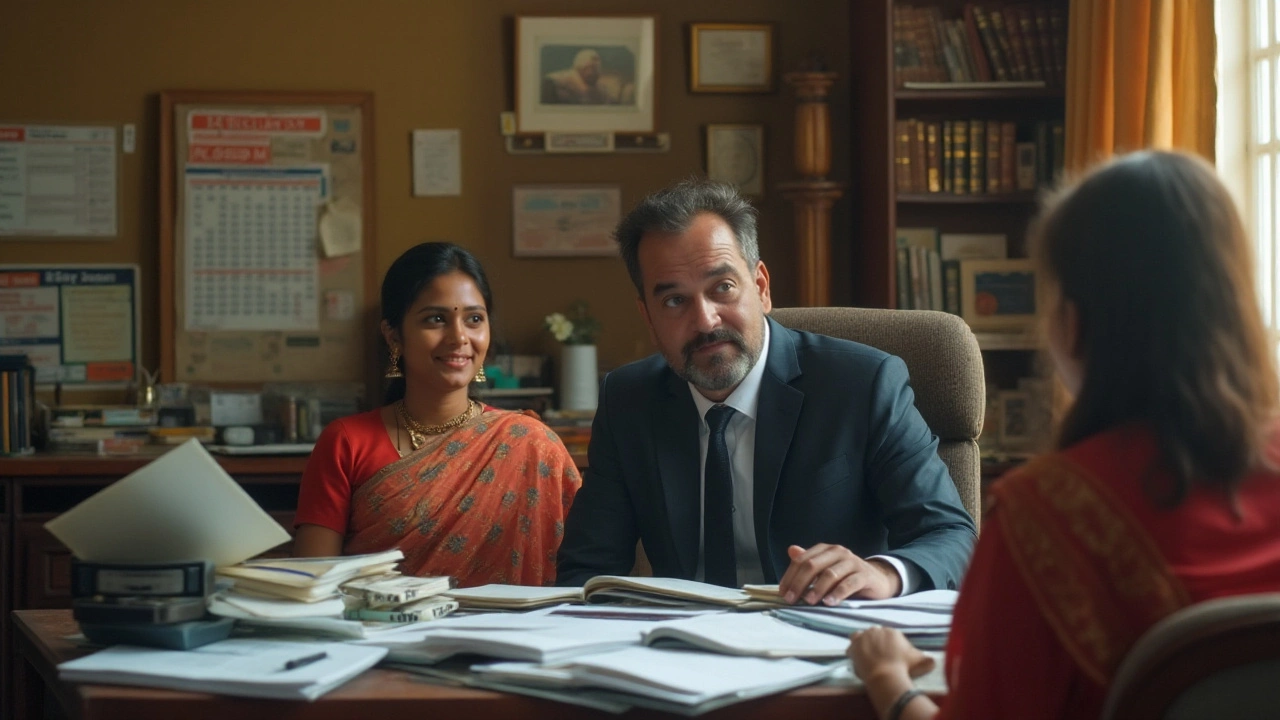Free Lawyer Guide: Find Free Legal Help Quickly
If you need legal advice but can’t afford a lawyer, don’t panic. India has several ways to get free legal support. This guide shows you where to look, who qualifies, and how to make the most of free services.
Where to Look for Free Lawyers
First stop: your nearest Legal Services Authority. Each state runs a Legal Aid Cell that offers free consultation, drafting, and even representation in court for eligible people. You can walk in, fill a short form, and get a lawyer assigned.
Next, check out law school clinics. Many universities run pro bono programs where senior law students, under supervision, handle real cases at no cost. These clinics often cover family law, consumer disputes, and labor issues.
Don’t forget NGOs and social groups. Organizations like the Human Rights Law Network and local consumer forums frequently host free legal camps. They publish dates on community boards or social media, so keep an eye out.
Eligibility and How to Apply
Eligibility usually depends on income, age, and the type of case. If your annual family income is below the poverty line set by the state, you’re likely qualified. Seniors, women, and disabled persons often get priority.
To apply, bring documents that prove income (salary slips, tax returns, or a BPL certificate). A simple application form asks for personal details, the nature of your dispute, and any supporting paperwork like notices or contracts.
After submission, a court or legal aid officer will review your case. If approved, you’ll receive a lawyer’s name and contact details within a few days. The process is usually fast for urgent matters like eviction or bail.
Online portals are also growing. Websites run by the National Legal Services Authority let you register, upload scanned documents, and track your application. The platform sends SMS updates, so you stay informed without visiting an office.
When you meet your assigned lawyer, be clear and concise. Write down the key points of your case, the dates, and any evidence you have. A well‑organized brief helps the lawyer work efficiently, even if they’re handling many free cases.
If you’re not satisfied with the first lawyer, you can request a change. Legal aid bodies understand that fit matters; just explain why you need a new counsel and they’ll reassign you.
Finally, remember that free services often cover only core legal work—court fees, stamp duty, or travel expenses may still be your responsibility. Ask the lawyer up front about any costs you might need to pay.
Getting a free lawyer in India is easier than many think. By knowing where to look, meeting the eligibility criteria, and preparing your case well, you can secure competent legal help without emptying your wallet.

Understanding Pro Bono: Lawyers Who Work for Free
Pro bono legal services offer vital support to those unable to afford legal representation. This article explores how lawyers work for free, the benefits of pro bono work, the types of cases commonly taken on, and how to find a lawyer willing to offer their services without charge. Understanding pro bono can help individuals navigate legal challenges without financial burden.